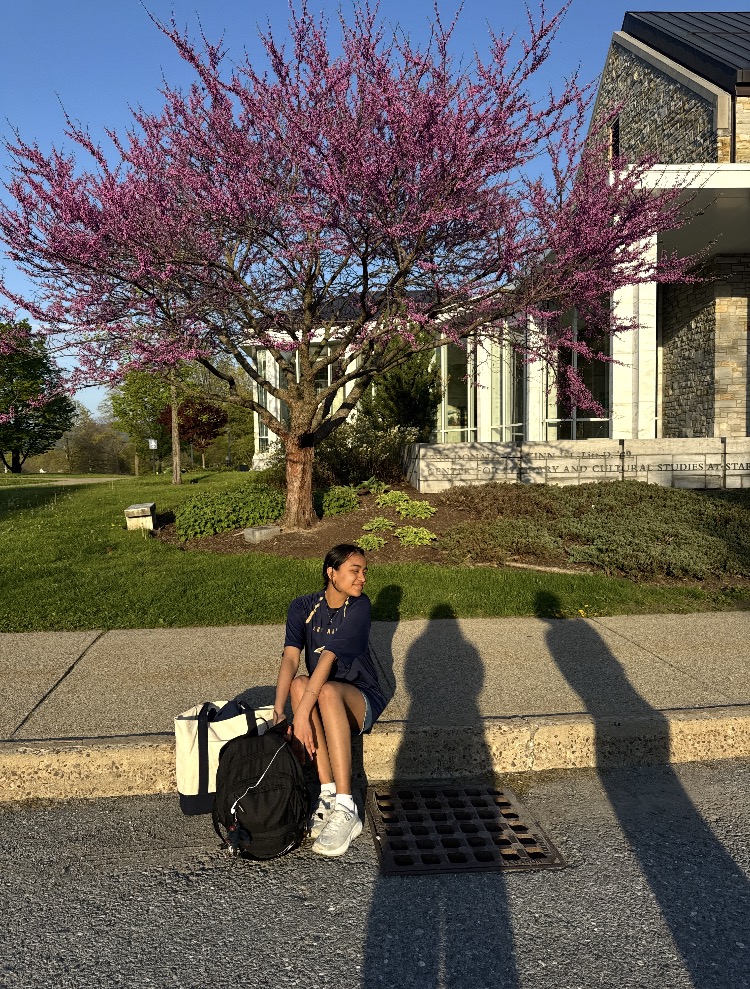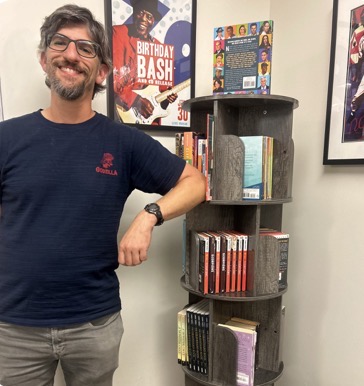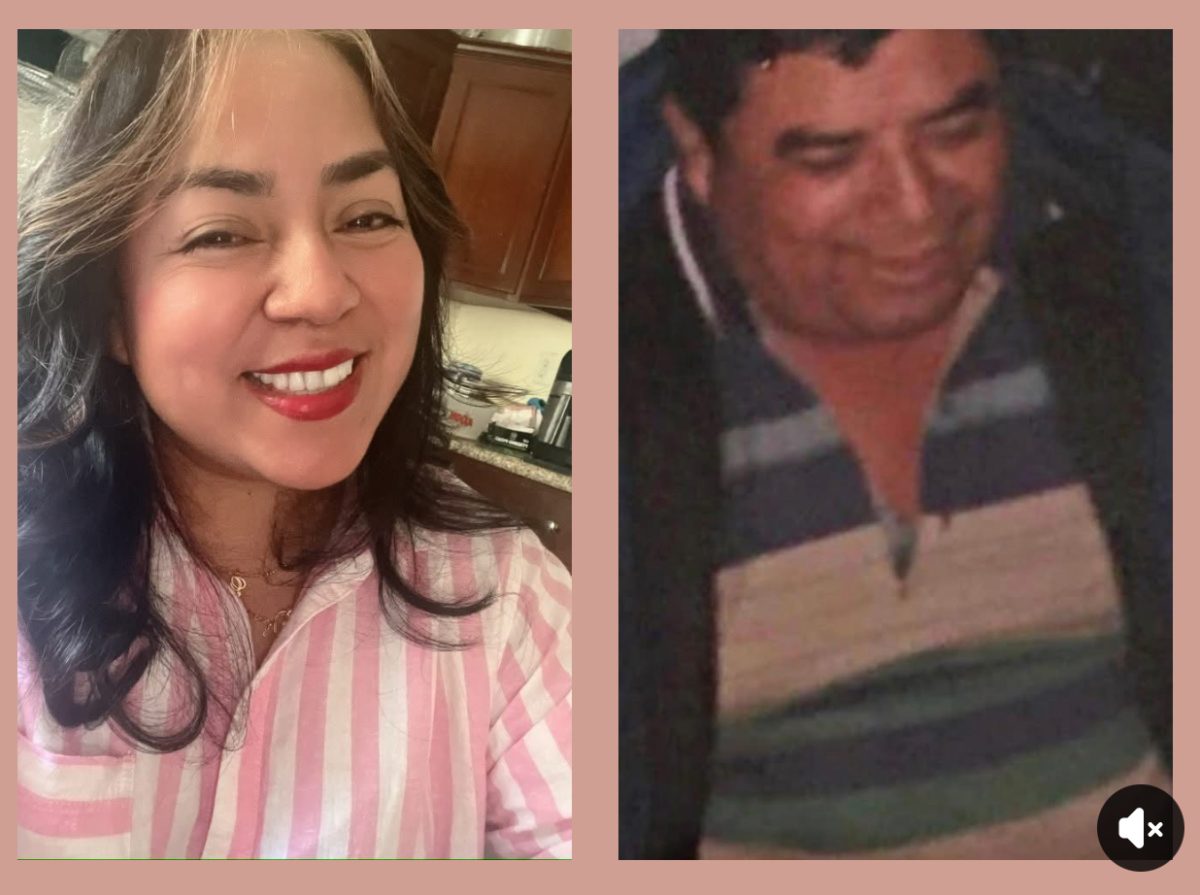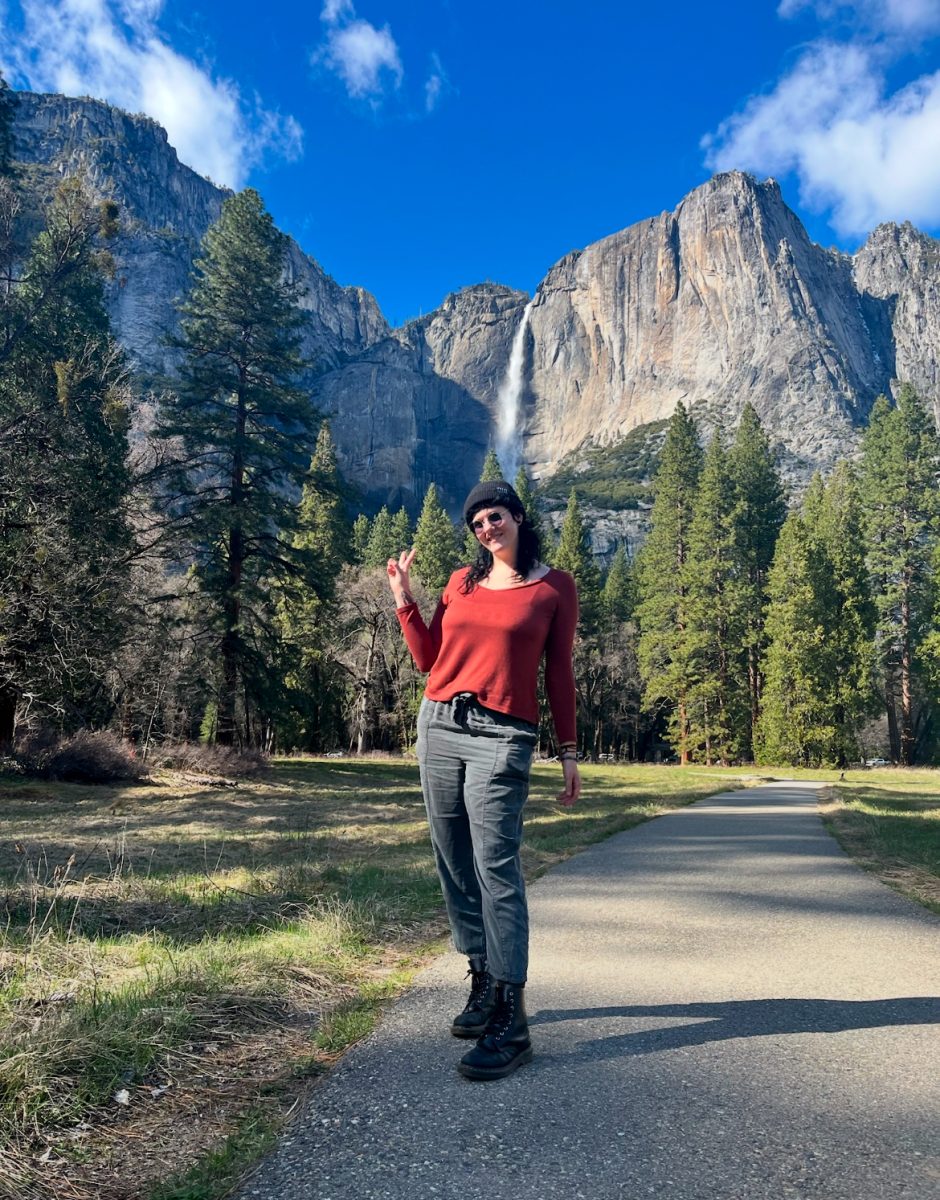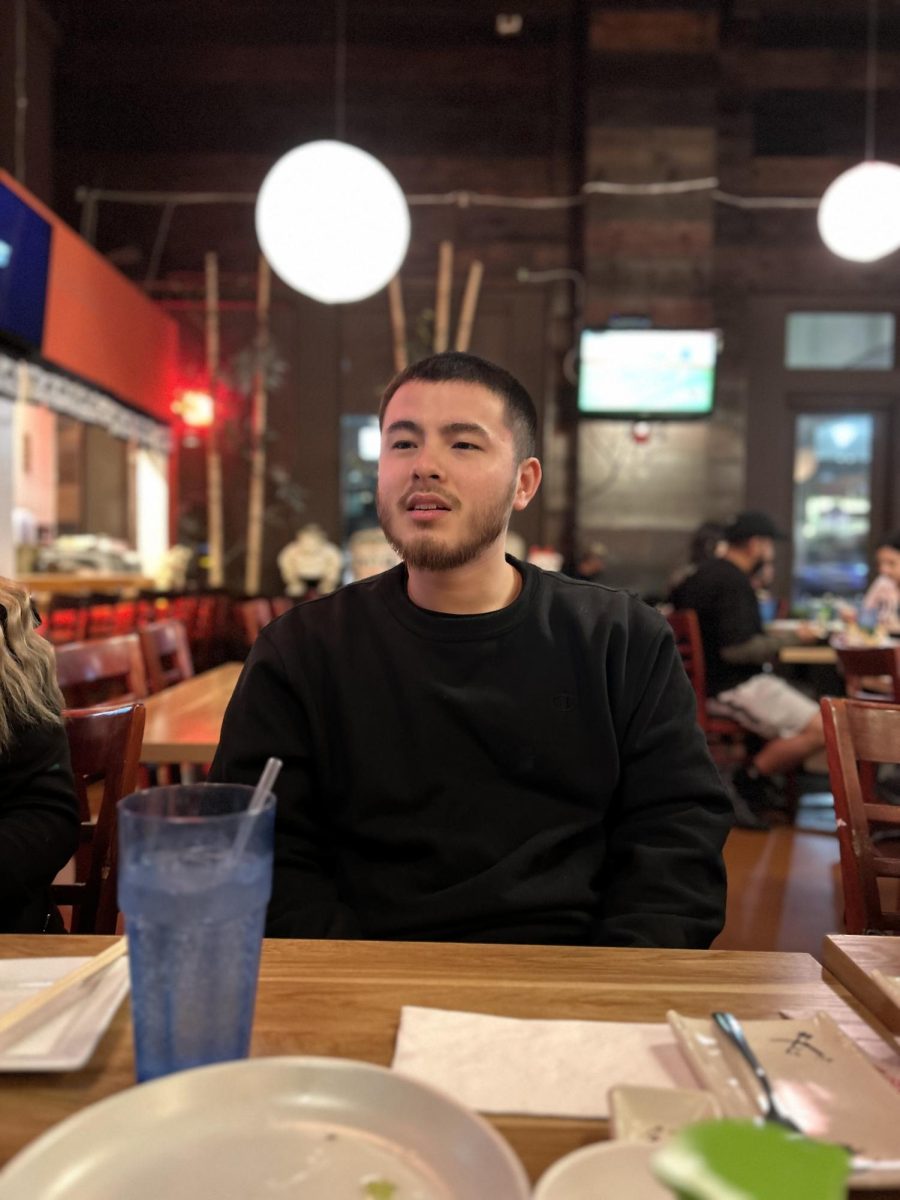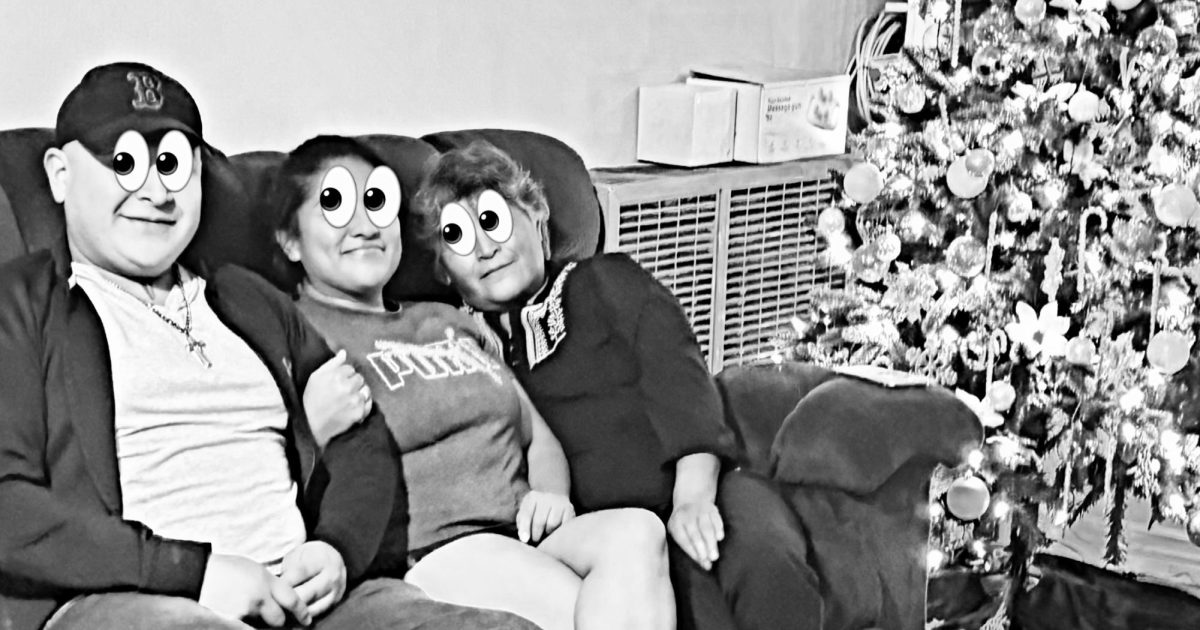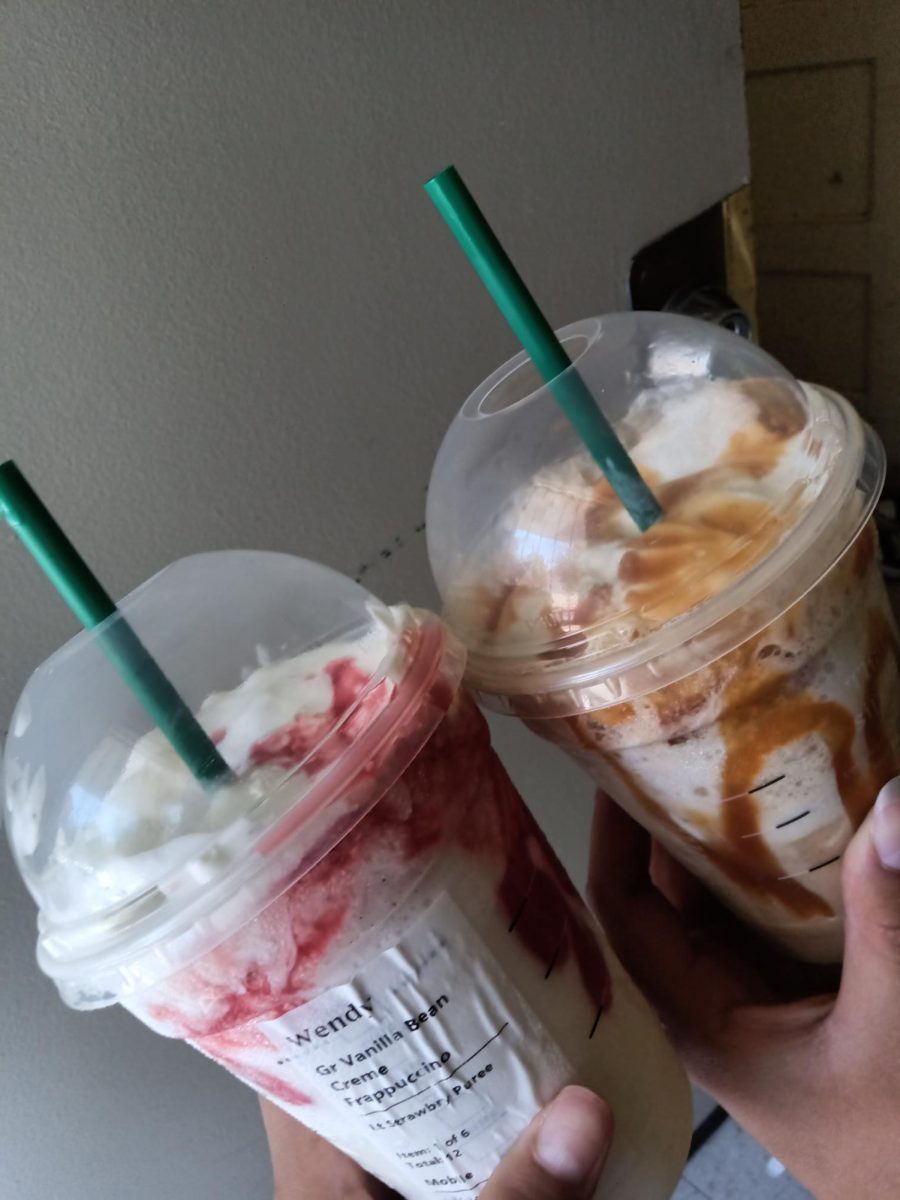Enedina shared her experience of moving to the US as a five-year-old, feeling scared, lonely, and pressured to learn English.
She discussed the challenges of being a Mexican immigrant in higher education, lacking citizenship and opportunities like internships and study abroad programs.
She expressed a sense of not belonging in either Mexico or the US, missing the slower pace of life in Mexico, and the impact of losing their father.
Despite these challenges, they feel motivated to excel academically and professionally, aiming to balance her future aspirations with a desire to live more in the present.
-summary made with otter.ai
TRANSCRIPT:
Alexis Pineda: How did you feel coming to the US as a child?
Enedina Pineda: Coming to the US as a five year old, felt very scary, because not only had I lost my dad, but I was also losing and moving away from a place I called home, where I had my grandma, and I also had to be some time away from my Mom, because I was being like, migrated in a different way that she was, and so I felt out of place and lonely during the process, and when I got to the US, I had to learn English, and it put a lot of pressure in me and feeling like I was not smart enough but yeah.
AP: How do you think this stuff affects you today?
EP: I think this affects me today, because I think this affects me today, because I am now in college, and being someone that was born in Mexico, I’m able to be in higher education, but with certain limitations. As in being able to get experiences and internships or not having the citizenship requirements that a lot of life experiences for college students require, or not being able to travel and also just always feeling like I am not belonging to either or place, because in Mexico, I’m no longer considered Mexican, but then the US I’m not considered, not considered a US citizen.
AP : How do you think this has helped you grow?
EP: I think this has helped me grow, because my life experiences are not the same, and I am also the eldest, and I had to grow up pretty quickly, and taking the role as an elders, but also taking a role for myself and navigating education and the US.
AP: How do you think you feel right now in the US? Think you feel right now in the United States.
EP: I feel very happy to have this opportunity, but I also miss home because life is much at a slower pace, and we really value more the present and not the future, and Mexico, which is something I miss.
AP: Okay, so do you think coming to the US was more beneficial than harmful to you?
EP: Yes, because I am now the first one in my family, going from my mom’s side, going to college, and also being a better role model as the oldest and I. Not having the cultural expectations of like getting married and settling down and instead taking these young years of my life to further explore my self and career.
EP: like I wish I could just really like value more my presence because of the rapid like day-to-day life in the US I’m not. I overlook that, and I don’t value it as much. And, yeah.
AP: Have you ever wished you stayed in Mexico?
EP: Yes, I wish and wonder what life would be like if I was still in Mexico, just because most of the time I wish that is when I’m overwhelmed or stressed with what’s going on in the US, or just overwhelmed a lot of my assignments wish to reconnect with valuing again, like I said, the presence more than worrying about my future constantly.
AP: Do you miss anyone in Mexico?
EP: I don’t think I miss anyone in particular just because they’ve been away for so long, it’s more like I miss the little girl I was in Mexico because she was more free and there was much more happier memories, since there wasn’t technology as much, and it forced me to explore what there was in human nature, rather than the modern society right now that we are, we’re kids are with and not growing up the same way I did without technology.
AP: How do you feel? Not having a dad had impacted your life?
EP: Coming to US, I think I felt I think it only when I realized that I didn’t have that support, or of a father figure, to celebrate my accomplishments in life.
AP: What was in your mind during the time you were coming to America?
EP: I remember when my mom enrolled me in elementary the only thing in my mind was, I’m going to be a good student because my mom’s sacrifices of me not being able to see her all coming to the United States for a little for some time. I need to make this worth it, so I’m gonna be the best in school no matter what it takes.
AP: How did you feel when you realized you weren’t gonna go back?
EP: Can you repeat that again?
AP: How did you feel when you realized you weren’t going back for a long time?
EP: I felt a lot of emotion. Questions, I felt angry, felt frustrated, and question, why was I the one that couldn’t go back? Because all of my younger siblings are able to go back, except for me, and I thought life was unfair, so I felt like it gave me even more motivation, in a sense that even though I don’t have the same privileges of going back I am here.
-made with otter.ai
